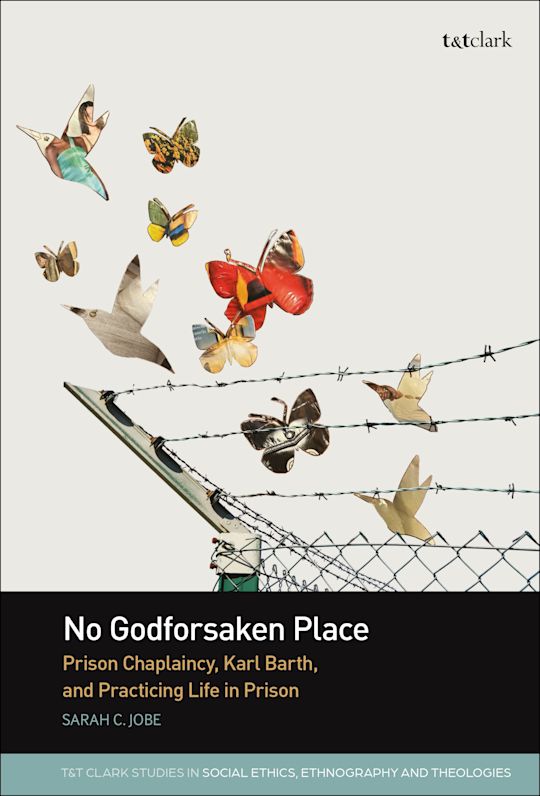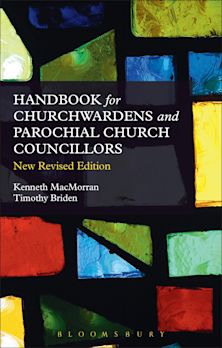No Godforsaken Place
Prison Chaplaincy, Karl Barth, and Practicing Life in Prison
No Godforsaken Place
Prison Chaplaincy, Karl Barth, and Practicing Life in Prison
Description
How does the life, arrest, trial, conviction, execution, and release from state-supervision of Jesus Christ enact the salvation of the cosmos? How does that one carceral life-in-death link up with life in the face of prison death today?
Jobe explores the spiritual and religious life contained within America's prison systems as it shows up in the profession of prison chaplaincy. The theological foundations of the text coherently link Barth's experience of prison chaplaincy and his Christological theology with the theological understandings in the chaplains' interviews; and Jobe's “practical soteriology” emerges in a thoroughly intricate and compelling contextualized vision.
This book weaves careful ethnographic work, the systematic theology of Karl Barth, and biblical interpretation to craft a textured exploration of life-after-death work.
Table of Contents
Acknowledgements
Prelude
Inhabiting Salvation: Living and Dying with Jesus in Prison
Chapter 1
Into the Witness Box: Methods and Motivation for Writing
Chapter 2
The Crisis of Presence: Incarnating God in Prison
Chapter 3
Risking Atonement: Reconciling Race, Rank, and Religion
Chapter 4
Counting the Cost: Being Made Sin for the Sake of Salvation
Interlude
The Crucifixion and 58 Other Carceral Deaths
Chapter 5
Recollecting Death. Dying with Jesus in Prison
Chapter 6
Inhabiting the Resurrection: The Work of Life After Death
Postlude
A Practical Soteriology: Penal Atonement in Prison
Bibliography
Index
Product details
| Published | 16 Oct 2025 |
|---|---|
| Format | Ebook (Epub & Mobi) |
| Edition | 1st |
| Extent | 248 |
| ISBN | 9780567719508 |
| Imprint | T&T Clark |
| Series | T&T Clark Studies in Social Ethics, Ethnography and Theologies |
| Publisher | Bloomsbury Publishing |
Reviews

ONLINE RESOURCES
Bloomsbury Collections
This book is available on Bloomsbury Collections where your library has access.































